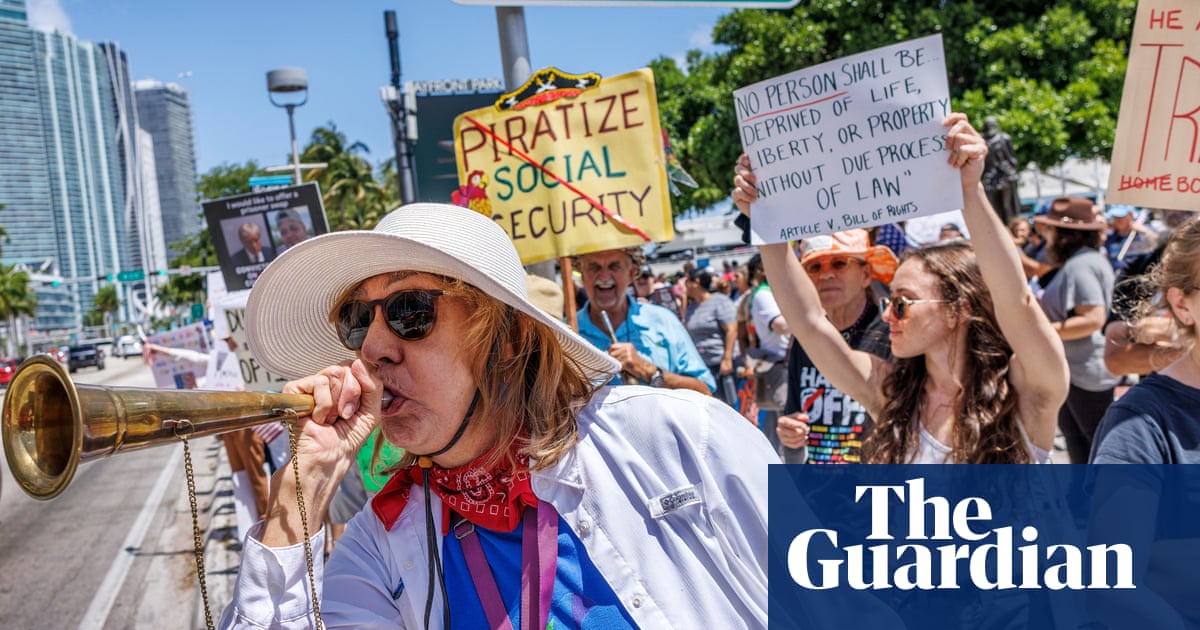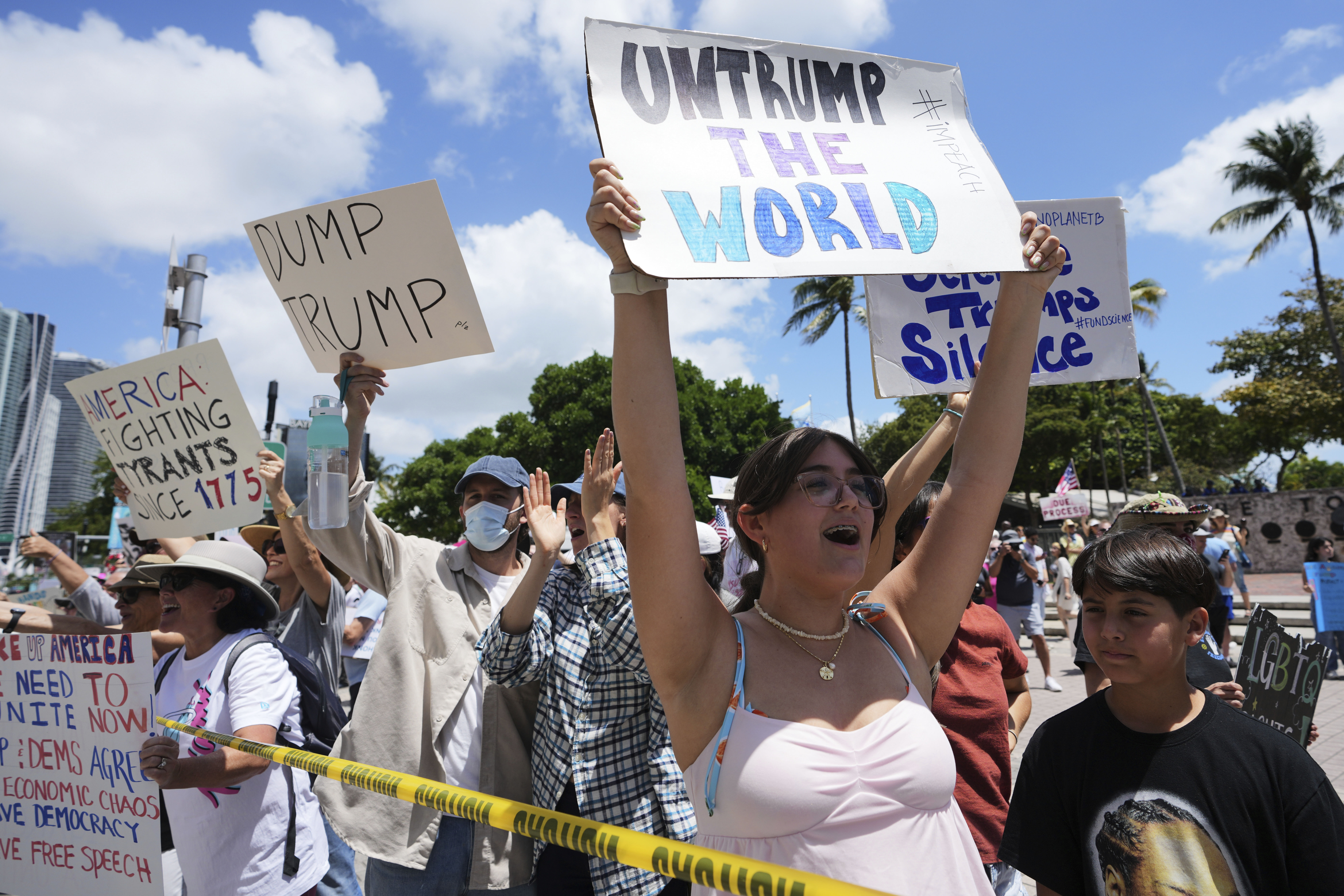A bill was recently introduced to the Minnesota legislature to categorise “Trump derangement syndrome” as a mental illness. The proposed bill defines the syndrome as characterised by “verbal expressions of intense hostility toward” Donald Trump and “overt acts of aggression and violence against anyone supporting [Trump] or anything that symbolises [Trump].”
Such a bill obviously infringes on our constitutional right to freely criticise our elected leaders and can serve as a stepping stone towards labelling and punishing political opponents under the guise of utilising a variety of compulsory psychiatric interventions. However, this bill is reminiscent of anti-Trump mental health professionals who have opined that President Trump poses a great danger because of a severe personality disorder.
Clearly, a psychiatric diagnosis can only be made by mental health professionals who are licensed to do so, and only after having examined a patient. It poses great danger to our society both when legislators use their political power to impose a psychiatric label on their political opponents and when mental health professionals misapply their expertise to give a psychiatric label to those whom they fear.
In the 1960s, many psychiatrists opined on the mental health of the Republican presidential candidate Barry Goldwater. As a result of that controversy, in 1973 the American Psychiatric Association developed the “Goldwater rule”, which applies to public figures. It states that it is unethical for a psychiatrist to offer a proper authorisation for such a statement.
This rule is still in effect, though much too often broken. Perhaps we need to develop a comparable national rule prohibiting political personnel, both elected and appointed, from creating psychiatric diagnoses as a tool against their political opponents.
Leon Hoffman
Psychiatrist, New York City, US

 German (DE)
German (DE)  English (US)
English (US)  Spanish (ES)
Spanish (ES)  French (FR)
French (FR)  Hindi (IN)
Hindi (IN)  Italian (IT)
Italian (IT)  Russian (RU)
Russian (RU)  3 weeks ago
3 weeks ago
























Comments